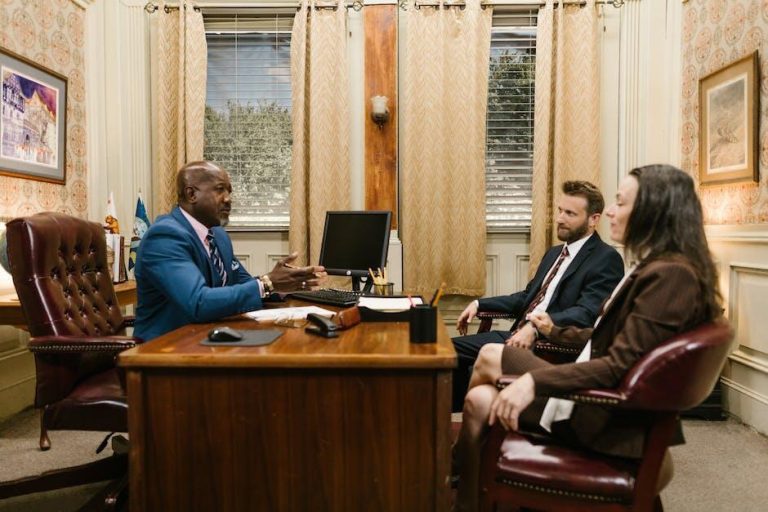Understanding Child Custody Settlements: Key Considerations for Parents

What happens to the children when parents separate or divorce? This is one of the biggest concerns families face during a breakup. Child custody settlements help decide where the child will live and how decisions will be made.
It’s important to understand the process so you can make the best choices for your child. In this article, you’ll learn the key things about child custody, what to expect, and how to prepare. Keep reading to protect your rights and put your child’s well-being first.
Best Interests of the Child
Courts focus on what is best for the child, not the parents. They look at the child’s needs, safety, and emotional well-being. Judges also consider the child’s age, health, and relationship with each parent. Every decision aims to support the child’s overall development.
This factor helps guide custody arrangements fairly. It ensures the child has a stable and loving environment. Parents are encouraged to work together and make choices that benefit their child most. Putting the child first often leads to better long-term outcomes.
Parental Stability
Courts look closely at each parent’s ability to provide a stable life. This includes steady income, safe housing, and emotional readiness. A parent who can offer routine and support is often favored. Stability helps create a secure environment for the child.
When deciding physical custody, a judge may give more time to the parent with greater stability. This is because children need consistency in their daily lives. A reliable parent can better manage school, health, and other needs. Stability plays a big role in shaping the final custody plan.
Child’s Preference
In some cases, the court listens to what the child wants. The child’s age and maturity help decide how much weight their opinion carries. Older children may have a stronger say in where they want to live.
They also look at the reasons behind the preference. If a child feels safe and happy with one parent, that may guide the custody decision. The child’s voice matters, but it is only one part of the bigger picture.
Parenting Skills
Courts consider each parent’s ability to care for and guide their child. They look at how well a parent meets daily needs like meals, school, and routines. Emotional support and discipline are also part of good parenting.
The court wants to see that the parent can create a safe and loving space. Good parenting skills help build trust and support a child’s growth. These qualities are key when deciding who gets custody.
History of Abuse or Neglect
Courts take any past abuse or neglect very seriously. They review reports, police records, and other proof when making decisions. A parent with a history of harm may be denied custody or given limited visits. The child’s safety is always the top priority.
If abuse is suspected, the court may order an investigation. It’s important for the other parent to speak up and gather evidence. A skilled divorce attorney can help present the facts clearly. Protecting the child from harm comes before all other custody concerns.
Putting Your Child First
Ultimately, navigating a child custody situation is about ensuring the best possible outcome for your child.
Understanding the different aspects of custody, how decisions are made, and the importance of mediation can empower you to approach the situation with confidence and clarity.
Did you enjoy reading this article? If so, then be sure to check out the rest of our blog for more!





